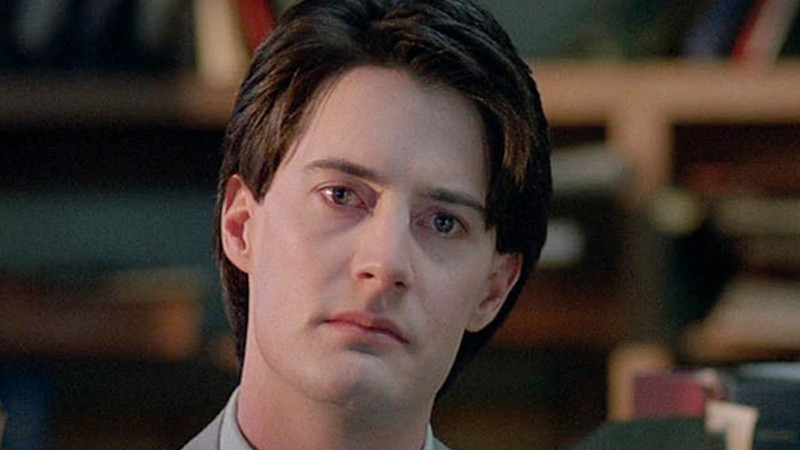
Even with the emergence of blockbusters, multi-billion franchises, and feel-good romantic comedies, the thriller genre remained a steadfast force throughout the 1980s decade. From “Die Hard” and “Fatal Attraction” to “Blood Simple” and “Blue Velvet”, moviegoers were treated with a chock-full of delectable cinematic offerings to choose from that kept them on the edge of their seats and still hold up today.
To whittle down this list, however, we’re digging a little deeper to focus on underseen gems that either bombed at the box office, were initially panned by critics, or simply slipped under the radar at the time of the release but are begging for reappraisal. From an American journalist caught in the crosshairs of an armed conflict in South America to a romantic Euro-sleazefest set in the North Sea — here are ten ’80s thrillers that some may have yet to discover at all but should come in handy for when you’re in need of an adrenaline rush.
1. Cutter’s Way (1981)
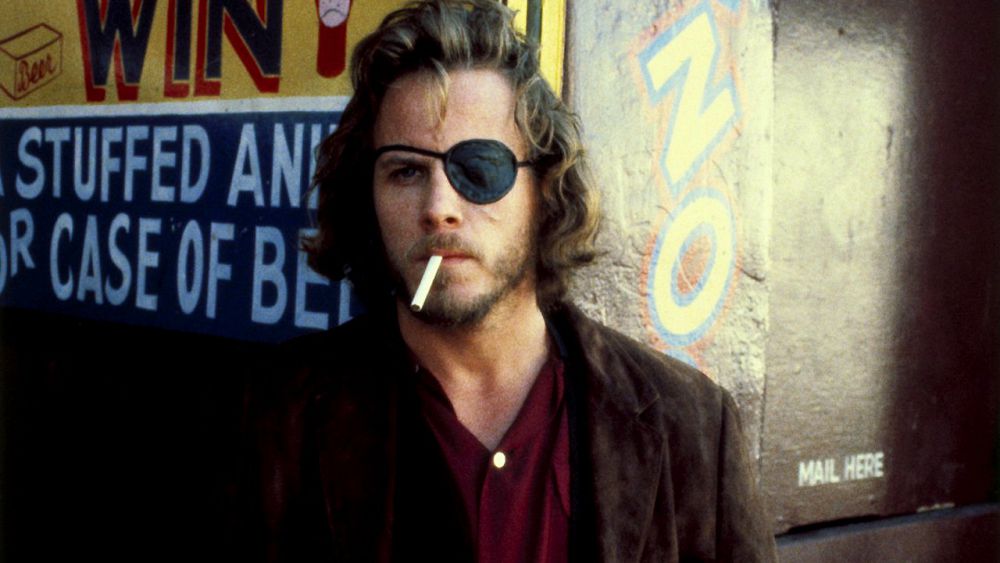
This off-kilter California neo-noir starring Jeff “the Dude” Bridges in the role of a 30-something layabout-turned-amateur gumshoe who is buddies with a nutjob Vietnam vet (a never-better John Heard) and unexpectedly gets roped into a big murder conspiracy is a title worth tracking down if you’re looking to go beyond the basics after your annual rewatch of “The Big Lebowski”.
Given the sheer number of twists and turns that “Cutter’s Way” throws at the viewer, it isn’t hard to see why the film was once dismissed as an absolute head-scratcher by the general public (in fact, Roger Ebert gave it one of his notorious thumbs-down ratings, stating that it lacked suspense and characterization). As long as you don’t go in expecting any straitlaced resolution that will conveniently tie it all together, however, Czech filmmaker Ivan Passer’s knotty genre pastiche is a welcomed alternative to the classic whodunit that should particularly appeal to Coen geeks and stoner-noir aficionados alike who have seen “The Long Goodbye” and “Inherent Vice” too many times to count.
2. Salvador (1986)
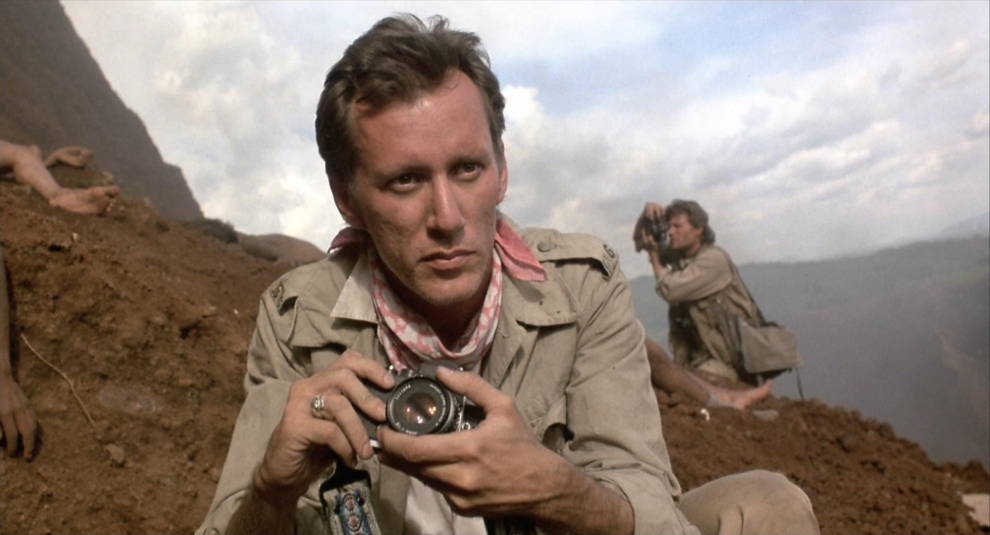
Anyone familiar with Oliver Stone’s personal brand of filmmaking knows he’s never been afraid of ruffling feathers. The 1980s decade saw the controversial director hit a creative peak with a highly productive directorial run, ranging from time-tested critical darlings (“Platoon”, “Born in the Fourth of July”) to endlessly quoted pop-cultural juggernauts (“Scarface”, “Wall Street”), that sparked heated discourse stateside and cemented his then-burgeoning reputation as America’s provocateur par excellence.
Sadly, not enough attention has been paid to “Salvador”, a less refined but no less incisive effort than Stone’s Oscar-winning heavy-hitters that belongs squarely within the director’s agitating canon. The 1986 political thriller finds king of sleaze James Woods in top form as a too-clever-by-half American photojournalist who becomes entangled with both the leftist guerrilla groups and the US-backed military dictatorship while covering the Salvadoran Civil War. Simmering tension builds to a fever pitch as the nationwide armed conflict escalates, with our truth-seeking white knight frantically trying to keep his head above water while batting heads with US officials, bribing local authorities and smuggling his Salvadorian girlfriend into the United States.
3. Gloria (1980)
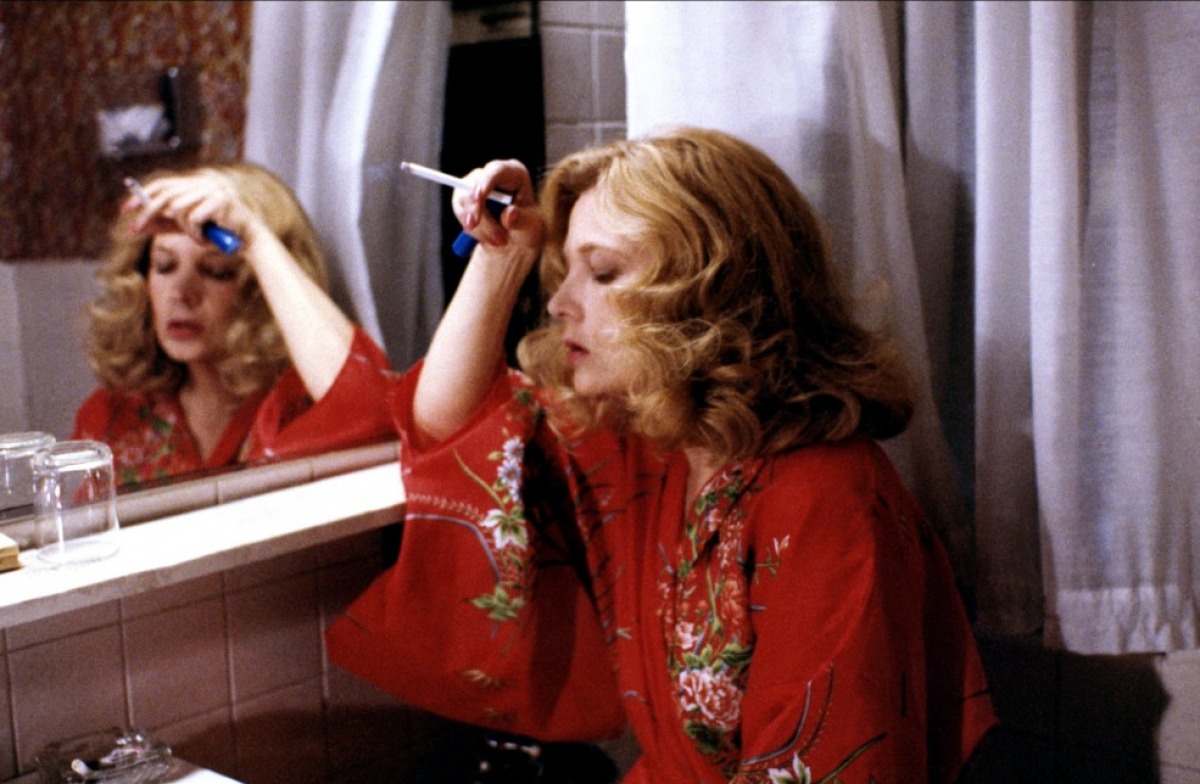
Though rarely associated with pulpy studio actioners, John Cassavetes — better known around hardcore cinephile circles as the patron saint of indie American cinema and purveyor of fiery character-driven dramas — found a sublime new expression to his signature cinéma-vérité style in his first and only foray into genre filmmaking.
“Gloria” marked the director’s eighth collaboration with his wife and regular leading lady Gena Rowlands, who deservedly garnered multiple awards including an Oscar nod for her steely performance in the title role, a former showgirl-turned-outlaw-on-the-run who is tipped over the edge after being persecuted by local gangsters and taking care of a seven-year-old orphan boy who tragically lost his family against the Italian mob.
In typical Cassavetes fashion, the film draws its primary weight less from conventional narrative hijinks than from the live-wire performance anchoring it, though the splattery final showdown alone is enough to give first-time viewers a head-rush. Just remember: You want the original version of this movie, not the 1999 remake starring Sharon Stone.
4. Prison on Fire (1987)
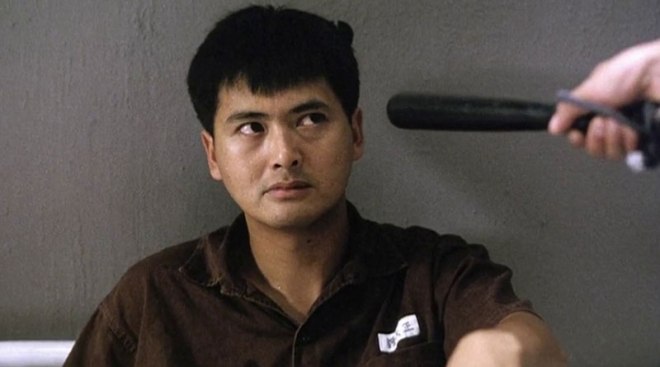
Shortly after breaking into the mainstream, Hong Kong screen legend Chow Yun-fat would leverage his newfound status as one of the most charismatic and effortlessly cool A-listers in recent memory into a successful acting career overseas. More than any glossy Hollywood studio blockbuster, though, it was the movie star’s previous collaborations with directors John Woo and Ringo Lam that enshrined him forever in the pantheon of ’80s action movie icons.
Nestled between the bombastic shoot-em-ups where he earned his reputation (“A Better Tomorrow”, “The Killer” and “Hard Boiled”, just to name a few), the 1987s “Prison on Fire” provides a stunning showcase for the scenery-chewing charms and soulful presence of Chow, who manages to pull the spotlight toward him in a supporting role as a veteran convict currently serving time in prison who takes the new inmate under his wing and shows him the ropes. It’s Chow at the top of his game, threading the needle between friendly mentor and cold-blooded criminal that makes his character both virtually impossible not to root for right off the bat and reasonably menacing once all hell inevitably breaks loose.
5. Prince of the City (1981)
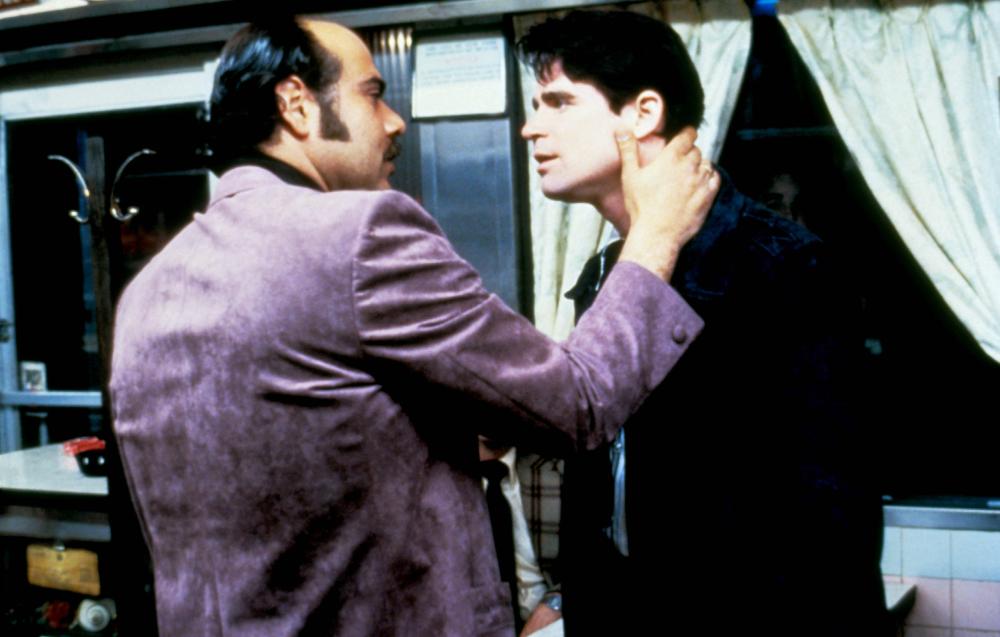
Ask ten cinephiles to name their favorite Sidney Lumet movie, and chances are you will well get ten different answers. With an extensive film catalog that spans half a century and about a handful of cinema studies standards such as “12 Angry Men”, “Dog Day Afternoon” and “Network”, it’s hardly surprising that this lesser-known gem often gets lost in the shuffle, though in a just world, “Prince of the City” would absolutely belong among the canonized ’80s classics we revisit every so often.
Lumet never settled for less than exceptional, and here, the late maestro used the real-life story of a New York narcotics officer (Treat Williams) who agreed to help the US Department of Justice and blow the whistle on his corruptive partners within the police department to cast a defiant eye on the powers-that-be. Sadly, things have stayed relatively the same, which also means that the incisive political commentary of this 1981 thriller remains, for better or worse, as essential today as ever.